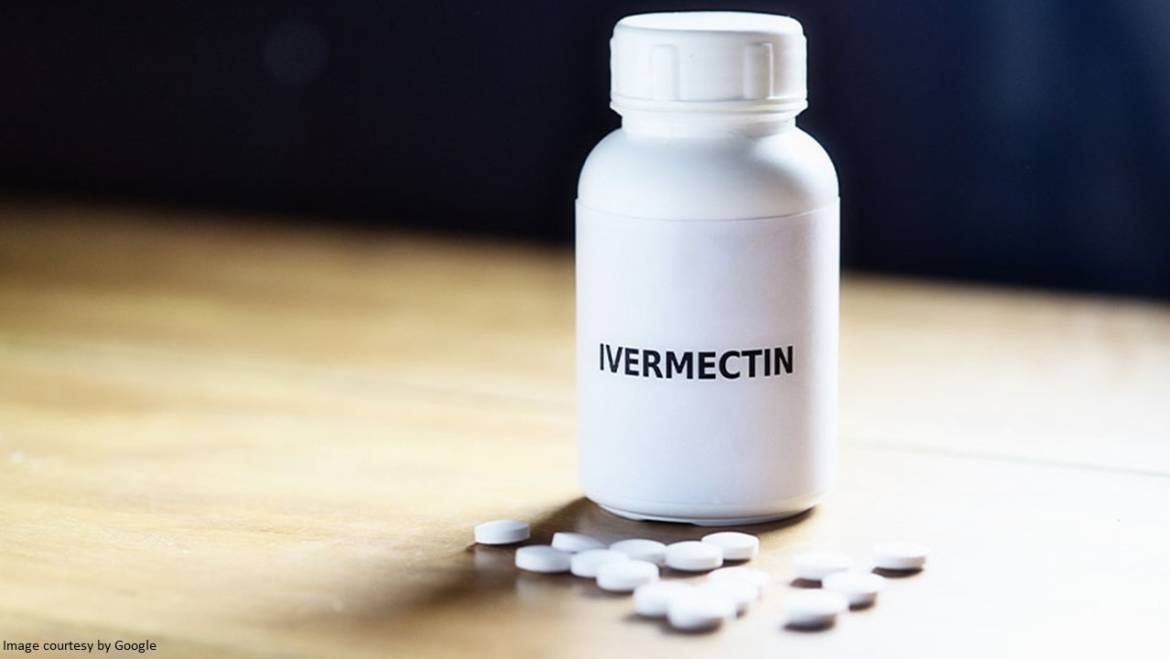Ivermectin is a well-known medicine widely used as an ant parasitic medicine by the World Health Organization (WHO) to treat worm infections. It is extremely safe for humans. Let’s reveal Ivermectin uses, dosages, and side effects.
Potential benefits of Ivermectin
Ivermectin typically is administered orally as tablets. It treats onchocerciasis, a human filarial disease caused by the helminth onchocercid volvulus. Although Ivermectin does not kill the adult parasite, it helps you get rid of the microfilariae, the accumulation of which in the eye ultimately contributes to blindness. Treating parasitic infections helps to enhance your quality of life. In patients with weakened defense systems, curing roundworm infections causes a significant reduction in the risk of developing a severe or life-threatening infection. Ivermectin cream /tablet is categorized under the class of medications known as anthelmintic, which paralyzes and kills parasites.
The medication is not recommended for the coronavirus disease. Speak to your doctor about the risks and benefits. Speak to your doctor about the risks and benefits. Within several days of starting treatment for onchocerciasis, as parasites begin to die, patients may experience joint pain, eye pain, swollen lymph nodes, itching, fever, eye pain, and vision changes.
Guidelines for using Ivermectin
Ivermectin oral tablets are used for short-term treatment. It comes with serious complications if you do not take it as prescribed. If you discontinue treatment suddenly or don’t take it, your parasitic infection can’t be cured. Take Ivermectin tablets orally with a glass of water on an empty stomach (at least an hour before a meal). Ivermectin dosage should be best advised by the doctor, usually as a single dose or a series of doses. The dosage is usually based on the patient’s weight, medical condition, and treatment response.
Sometimes, the doctor may prescribe multiple frequencies of Ivermectin for several months to a year after the first dose to effectively treat the infection, especially if the patient has a weak immune system. Speak to your doctor if your condition lasts or gets worse.
Dosage information for parasite infection in the intestinal tract
For Adults (18 to 64 years) and children (ages 0 to 17 years), 200 mcg/kg of body weight is taken as a single dose. Most patients do not require more than one dose. It has not been confirmed that this medicine is safe and effective for children weighing less than 15 kg.
Senior dosage (age 65 years and older) – Your liver may not function as well as it used to. This can cause your body to process medicines more slowly. As a result, more of this medicine can remain in your body for an extended period. This increases the risk of side effects.
Dosage for parasitic infection in skin or eyes
Adult dosage (ages 18 to 64 years) The dosage for adults and children who weigh 15kg or more is 150 mcg/kg of body weight taken as one dose. After that, you need follow-up care from your healthcare specialist and additional rounds of treatment with this medicine. Your healthcare professional will decide when you will receive your next dose of Ivermectin. You may receive treatment again in as few as three months.
Ivermectin not approved for coronavirus
Ivermectin is not approved by the Food and Drug Administration (FDA) to treat or prevent Covid-19. The FDA has warned about the dangers of taking this medicine in larger doses for unapproved uses. Do not take any prescription medicine, including Ivermectin, unless your doctor advises you to do so. If you have concerns about using Ivermectin to treat or prevent COVID-19, speak to your doctor.
Ivermectin side effects
Oral Ivermectin may cause drowsiness. It can also cause other side effects. Ivermectin side effects depend on the condition being treated. Commonly reported side effects of this medicine when it is used for treating intestinal infection include stomach pain, nausea, vomiting, diarrhoea, dizziness, itchiness, loss of appetite, tiredness, sleepiness, itchiness, loss of energy, and drowsiness.
This medicine’s more common side effects occur when it is used to treat skin and eye infections. These include itching, rash, fever, eye problems, joint pain, swelling, and swollen and tender lymph nodes. These side effects may resolve within a few days or a couple of weeks if these side effects are mild. Speak to your healthcare provider if they are severe and do not resolve.
Serious side effects
Talk to your healthcare provider immediately if you have severe side effects of Ivermectin, have symptoms that feel like threatening, or if you think you need immediate medical attention. Serious adverse effects and their symptoms can include pain in your neck and back, symptoms of serious eye problems (redness, swelling, pain, bleeding, and loss of vision), inability to control urination, shortness of breath, confusion, extreme drowsiness, extreme tiredness, coma, seizures, and symptoms of low blood pressure (light-headedness, dizziness, fainting), liver damage, and severe skin reaction (redness, severe rash, blistering skin, and peeling skin).
Summary
Ivermectin is a drug of choice for the treatment of onchocerciasis. It is available commercially in the US but is not clinically tested for use in children weighing less than 15 kg. Ivermectin is administered in a single dose of 150 ug/kg on an empty stomach. Rarely, the use of Ivermectin in humans has been associated with various side effects, including back and neck pain, confusion, seizures, loss of consciousness, swelling of the face and limbs, and chest pain.
Also Read: What is Ivermectin? Is Ivermectin Useful for Covid?
admin
Latest posts by admin (see all)
- What is Triluma Cream? Uses, Benefits, and How It Works for Skin - December 26, 2024
- What Causes Dark Spots? Understanding the Science of Hyperpigmentation and How Skin Lightening Products Help - December 26, 2024
- Tretinoin Gel vs. Cream: Which Formulation is Right for Your Skin? - December 20, 2024



